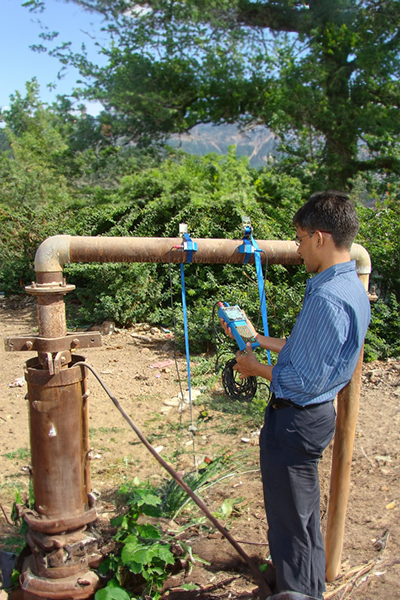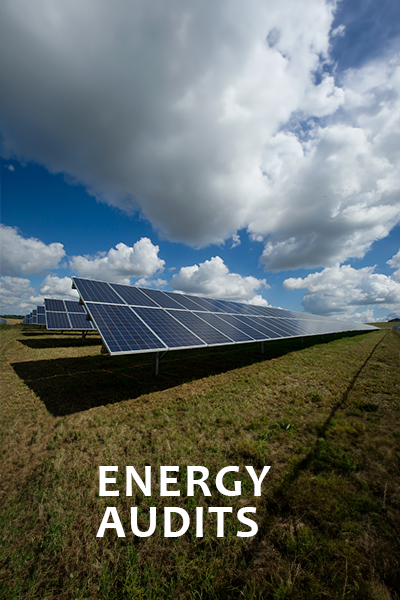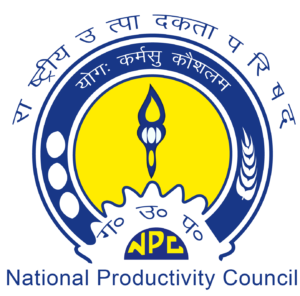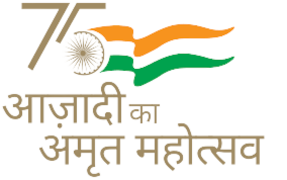Climate Change Response
ICRO has mandated for promotion of energy and water use efficiency in micro and small enterprises and for conservation of natural resources through NPC
Energy Audit in 109 MSMEs completed
Water Audit in 14 MSMEs completed

Water Audits

The Government of India has launched the National Action Plan on Climate Change (NAPCC) in June 2008, which inter-alia envisages the approach to be adopted to meet the challenges of impact of climate change through eight National Missions including National Water Mission (NWM) implemented by the Ministry of Jal Shakti. The main objective of NWM is “conservation of water, minimizing wastage and ensuring its more equitable distribution both across and within States through integrated water resources development and management”. Out of its five goals, one is to promote mandatory water audit including those for drinking water purposes.
Water Conservation is a smart business strategy to reducing water use and results in saving water and energy bills Water audits provide a way to identify the water usage and various causes like excess water use, leakage, technology system etc.
Comprehensive water audit gives a detailed profile of the distribution system and water users, thereby facilitating easier and effective management of the resources with improved reliability. It is thus an effective tool for realistic understanding the assessment of the present performance level and efficiency of the service and the adaptability of the system for future expansion & rectification of faults during modernization.
ICRO, has been mandated for promotion of energy and water use efficiency in micro and small enterprises and for conservation of natural resources. NPC is commissioned to conduct energy and water use efficiency and sustainability studies/actions plans. study is conducted by its experts spread across the country. The strategic focus is to improve the efficiency of waster use and thereby address the larger issues of climate change.
Water audit determines the amount of water lost from the water network/distribution system due to seepage, evaporation/leakage and other reasons such as theft, unauthorized or illegal withdrawals from the systems. Water audit improves the knowledge and documentation of the distribution system and water users, thereby facilitating easier and effective management of the resources with improved reliability. This leads to reduced water losses; improved financial performance; improved reliability of supply system; enhanced knowledge of the distribution; efficient use of existing supplies; better safeguard to public health and property; improved public relations; reduced legal liability and reduced disruption etc. thereby improving level of service to customers. It is thus an effective tool for realistic understanding and assessment of the present performance level and efficiency of the service and the adaptability of the system for future expansion & rectification of faults during modernization.
Energy Audits

In today’s world, Energy is not only the future- it drives everything in the present and is the key to prosperity. As a global society, we generate and use more energy than ever before, and the demand for energy is continually increasing. The greenhouse gas emissions that accompany many forms of Energy Generation accumulate in the atmosphere, bringing the potential for climate-related consequences. This is especially true for fossils fuels, including natural gas. Conducting a routine energy audit and energy efficiency study is an important step in the goal of reducing your carbon footprints and continuing to be energy efficient by adopting new techniques of energy conservation improvement while remaining committed to the need for continued action on affordable, reliable, sustainable, and modern energy for all.
The Government of India has enacted the Energy Conservation Act,2001; to provide the much-needed legal framework and other institutional arrangements before launching various energy efficiency improvements drives. In order to implement the various provisions under the above stated EC Act 2001, the Government of India established the Bureau of Energy Efficiency (BEE), to enact and enforce energy efficiency through various regulatory and promotional measures.
ICRO, has among other objectives ,also been mandated for promotion of energy and water use efficiency in micro and small enterprises and for conservation of natural resources. NPC achieves energy efficiency and sustainability through its studies/actions plans prepared by its experts spread across the country. The studies are undertaken with the concurrence of the competent authority and are fully funded by ICRO. The strategic focus is to contribute in a humble way to address the larger issues of climate change and on a cleaner and healthy environment.




